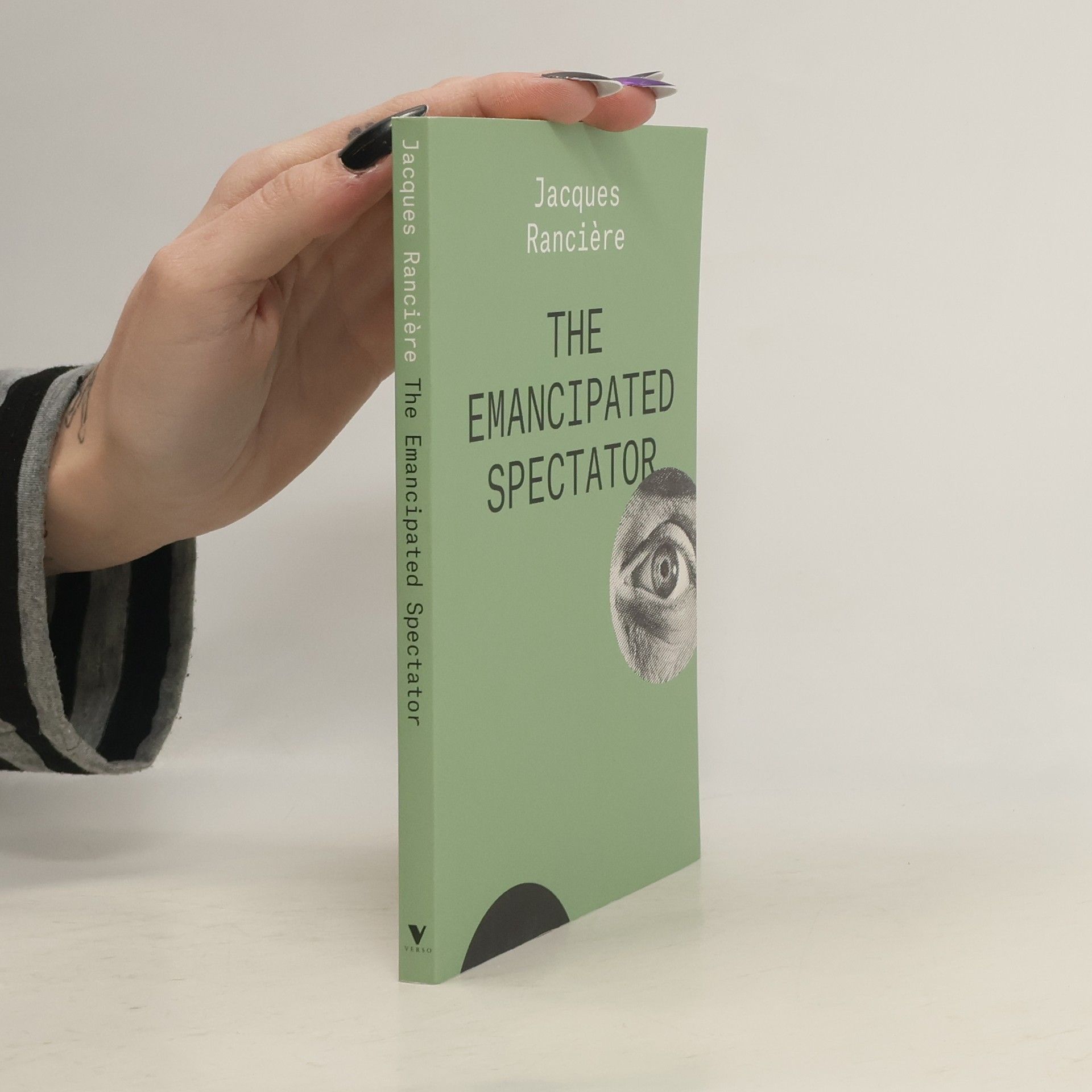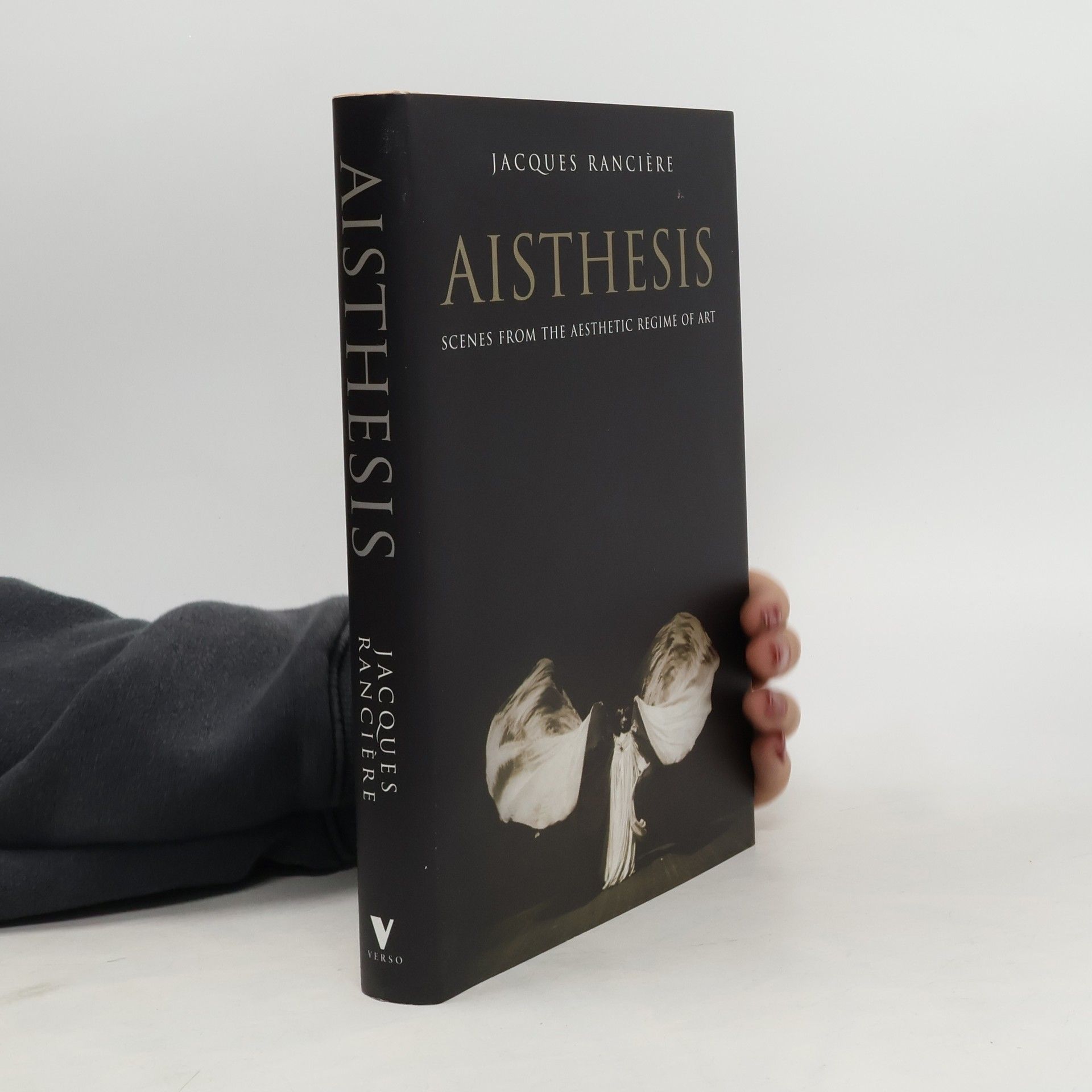En 1818, Joseph Jacotot, révolutionnaire exilé et lecteur de littérature française à l'université de Louvain, commença à semer la panique dans l'Europe savante. Non content d'avoir appris le français à des étudiants flamands sans leur donner aucune leçon, il se mit à enseigner ce qu'il ignorait et à proclamer le mot d'ordre de l'émancipation intellectuelle : tous les hommes ont une égale intelligence. Il ne s'agit pas de pédagogie amusante, mais de philosophie et de politique. Jacques Rancière offre, à travers la biographie de ce personnage étonnant, une réflexion philosophique originale sur l'éducation. La grande leçon de Jacotot est que l'instruction est comme la liberté elle ne se donne pas, elle se prend. [source : 4e de couv.]
Jacques Ranciere Livres
Jacques Rancière est un philosophe français dont l'œuvre explore les concepts fondamentaux du discours politique, interrogeant l'idéologie et la relation entre les masses et le savoir. Il s'est célèbrement démarqué de son maître pour examiner comment nous percevons les démunis et comment les penseurs interagissent avec ceux qui sont en dehors des cercles intellectuels. Ses écrits ultérieurs analysent les droits de l'homme, en particulier l'autorité des organismes internationaux pour déterminer les interventions et les conflits, et ses théories esthétiques ont considérablement influencé les arts visuels.







What Times Are We Living In?
- 75pages
- 3 heures de lecture
A leading radical thinker reflects on the state of contemporary politics--
Rethinking the role of the radical public intellectual
The foremost philosopher of art argues for a new politics of looking
Returning politics to its original and necessary meaning: the organization of dissent
From Almanac of Fall (1984) to The Turin Horse (2011), renowned Hungarian filmmaker B la Tarr has followed the collapse of the communist promise. The time after is the time when we are less interested in histories and their successes or failures than we are in the delicate fabric of time from which they are carved.
Aisthesis
- 304pages
- 11 heures de lecture
Composed in a series of scenes, Aisthesis–Rancière’s definitive statement on the aesthetic–takes its reader from Dresden in 1764 to New York in 1941. Along the way, we view the Belvedere Torso with Winckelmann, accompany Hegel to the museum and Mallarmé to the Folies-Bergère, attend a lecture by Emerson, visit exhibitions in Paris and New York, factories in Berlin, and film sets in Moscow and Hollywood. Rancière uses these sites and events—some famous, others forgotten—to ask what becomes art and what comes of it. He shows how a regime of artistic perception and interpretation was constituted and transformed by erasing the specificities of the different arts, as well as the borders that separated them from ordinary experience. This incisive study provides a history of artistic modernity far removed from the conventional postures of modernism.

